ISAs are a great way to grow your money without paying tax. Read on to learn about the different types of ISAs available to UK residents.
Cash ISA
A Cash ISA is a type of tax-free savings account. This means that you’ll never pay tax on any interest earned in a Cash ISA.
You can put money into multiple Cash ISAs per tax year. And you can also transfer your existing Cash ISA to another provider if they’re offering a better interest rate. Some providers don’t accept Cash ISA transfers so you’ll need to check before requesting this.
Providers offer varying amounts of interest over different time periods. Some accounts are easy access and allow you to make withdrawals, while others offer a fixed rate over a fixed period of time and have a penalty if you want to withdraw your money before the end of that time period.
Cash ISAs can be opened if you’re 18 or older. The maximum ISA allowance in a tax year is £20,000 across all your ISA accounts.
Stocks & Shares ISA
A Stocks and Shares ISA is a type of tax-efficient savings account that you can use to buy investments. Your investments could grow over time, and that money will be tax free, meaning you won’t pay any income tax or capital gains tax on it.
You can buy and hold lots of different types of investments in a Stocks and Shares ISA:
- Unit trusts
- Mutual funds
- Investment trusts
- Exchange-traded funds
- Individual stocks and shares
- Corporate bonds
- Government bonds
- OEICs (Open Ended Investment Companies)
You need to be 18 or over to open a Stocks and Shares ISA. The maximum ISA allowance in a tax year is £20,000 across all your ISA accounts.
Different providers offer different investments and charge different fees, so it’s worth shopping around to find the provider that suits your needs.
You can open new ISAs with different providers each tax year, and you can contribute to multiple Stocks and Shares ISAs per year.
Lifetime ISA (LISA)
You can save up to £4,000 per tax year in a LISA, and the UK Government will add a 25% bonus on it. This is a feature of LISAs, not of all ISAs. So if you saved £4,000 in your LISA in a tax year, the Government would add £1,000 and you would have £5,000 in total saved by the end of that tax year.
LISAs can be opened by anyone between the ages of 18 and 39, and money can be put in the account until you reach the age of 49. Once you turn 50, you won’t be able to put any more money in your LISA or earn the 25% Government bonus. But the account will remain open until you withdraw the money.
You’ll keep earning interest on your Cash LISA or getting investment returns on your Stocks and Shares LISA until then. With a Stocks and Shares LISA, the value of your money could go down or up.
LISAs have replaced the government’s Help to Buy ISA scheme, and are most commonly used to save up to purchase a first home or to save for retirement.
You can withdraw money from your LISA if you’re:
- buying your first home
- if you’re 60 or older
- if you’re terminally ill with less than 12 months to live
If you withdraw money from your LISA for any other reason, you’ll pay a withdrawal fee of 25%. In effect, you’ll be forfeiting any government bonus you received in your LISA account.
The £4,000 LISA allowance counts towards the £20,000 annual ISA limit. So if you put £4,000 into your LISA in a tax year, you have £16,000 left to put in Cash ISAs or Stocks and Shares ISAs (or a mix of both) in that same year.
If you’re using a LISA to save for retirement, you can take out the money when you’re 60 or older. If you withdraw your savings or transfer your LISA to a different type of ISA before you turn 60, you’ll pay a 25% charge.
Innovative Finance ISA
Innovative Finance ISAs (IFSAS) are a type of ISA that contains peer-to-peer loans instead of cash or stocks and shares.
Investors who are willing to lend money are matched with borrowers who need money, usually individuals, businesses or property developers. Because the money is invested through an online portal rather than through a bank, you can earn higher rates of interest.
There are no guaranteed returns though – as with any investment, your money is at risk. And peer-to-peer platforms aren’t protected by the Financial Services Compensation Scheme.
UK residents who are 18 or over can open Innovative Finance ISAs. You can put up to £20,000 of your annual ISA allowance in an Innovative Finance ISA, and any interest earned in these accounts is tax free.
Junior ISA
Junior ISAs are tax-free savings accounts for children. There are 2 types of Junior ISAs – cash Junior ISAs and stocks and shares Junior ISAs. You’ll never pay any tax on interest, capital growth or dividends in these accounts.
Parents and guardians can open one or both of these accounts for their children if they’re under 18 and resident in the UK. Children can take control of their accounts when they turn 16, but can’t withdraw the money until they turn 18.
Currently, the savings limit for Junior ISAs is £9,000 per tax year.
How do I choose which ISA is best for me?
Each type of ISA has advantages and disadvantages, so your choice will depend on your current circumstances, your future goals and your timeframes.
For example, if your main priority is saving up to buy a house, you might want to consider a LISA. If you are already a homeowner or are happy renting, then letting your money grow tax-free in a Cash ISA or Stocks and Shares ISA might be right for you for your medium and long term goals.
You can have different types of ISAs for different goals, and your ISAs don’t all have to be with the same provider. It’s best to check a few different ones to see which ones work best for you and your personal situation.

